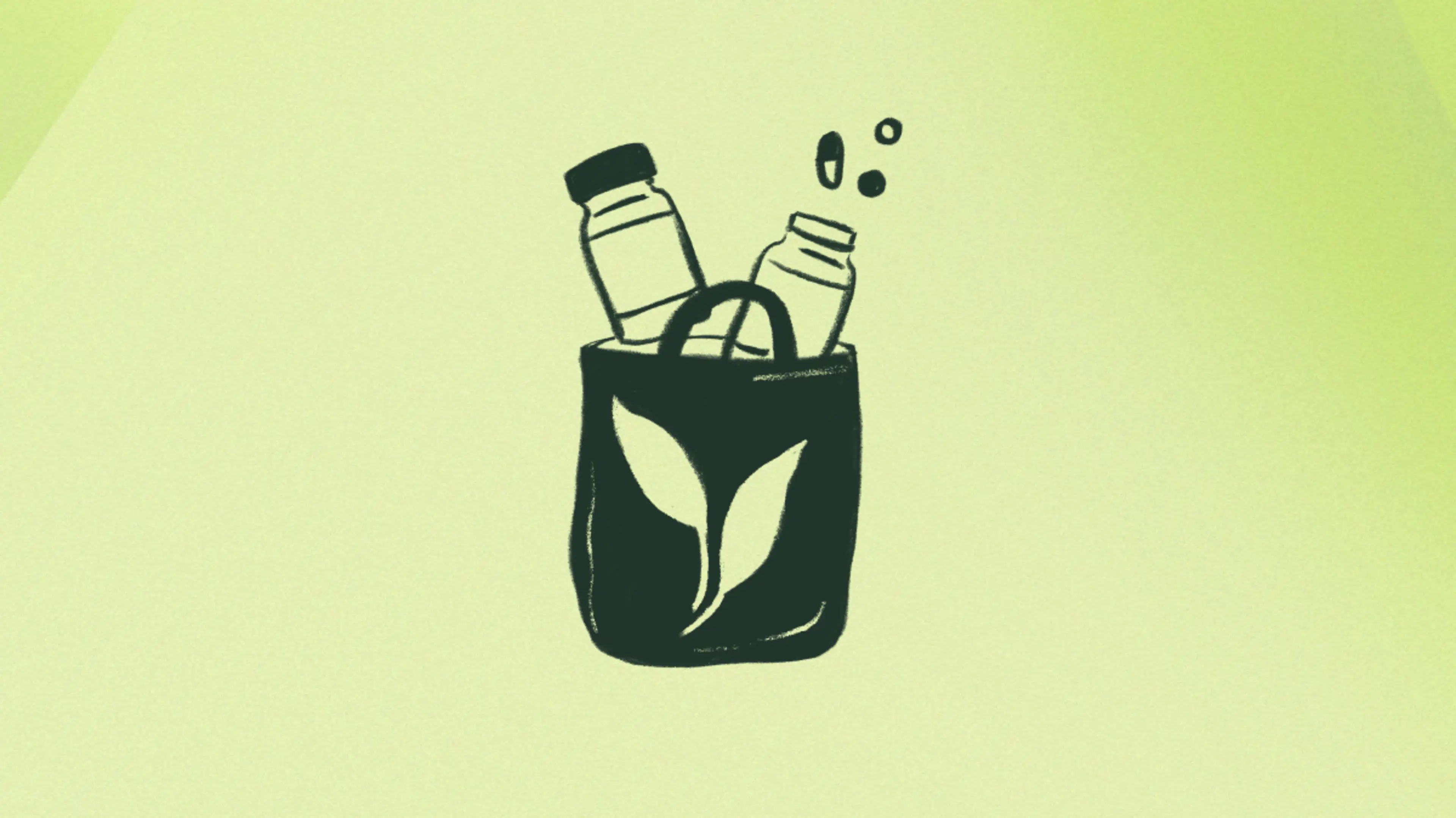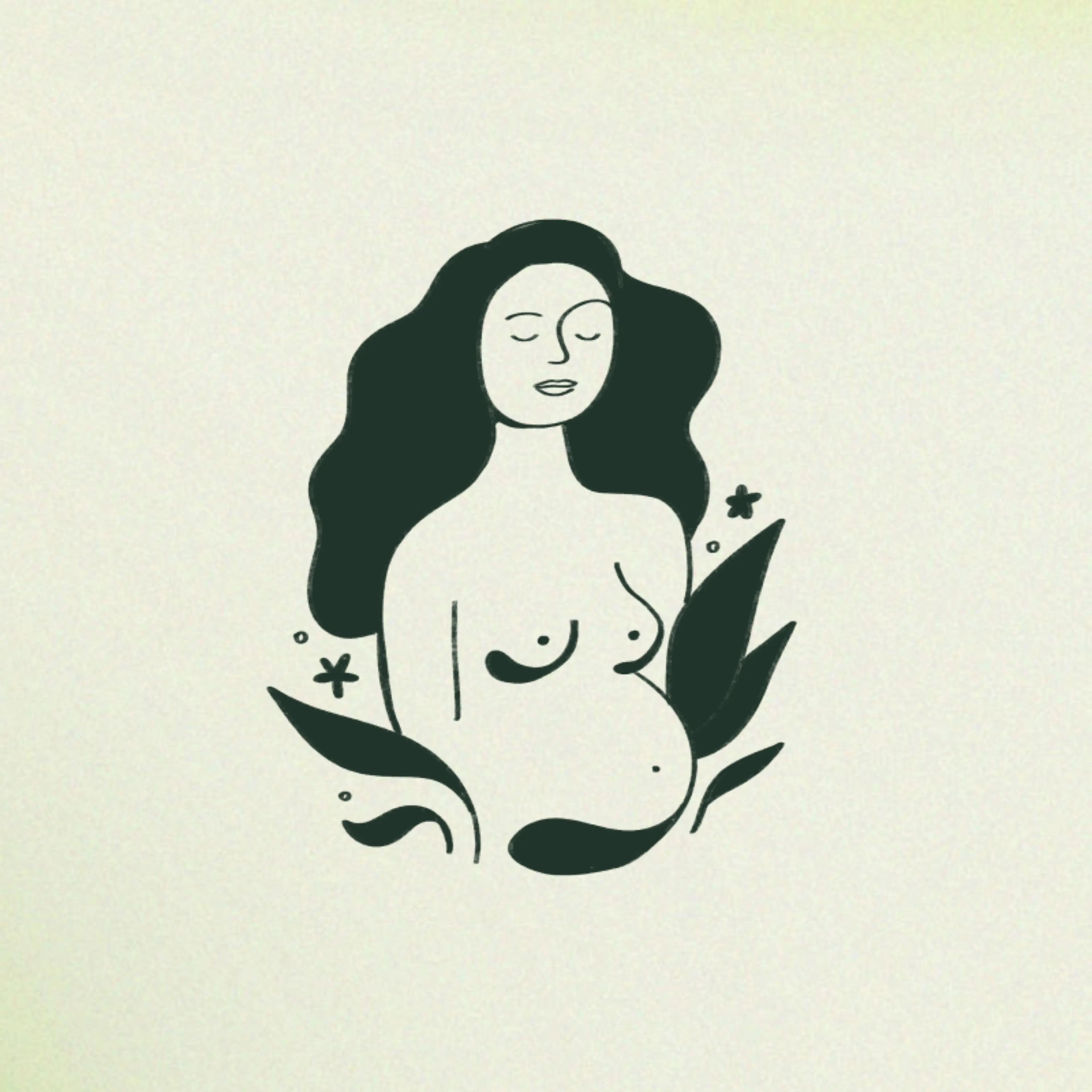Nutrition plays an important role in your baby’s growth, but if you’re dealing with heartburn and reflux, it can be difficult navigating what will go down smoothly, and what will trigger an often-irritating pregnancy side effect. Everything from reaching for that sweet tooth-satisfying midnight snack to going for seconds at Thanksgiving dinner may bring about the uncomfortable symptoms of heartburn.
Thankfully, there are ways to keep heartburn and acid reflux at bay, no matter what trimester you’re in. Here’s what you need to know about the condition, along with what you can do about it.
What Are the Symptoms of Heartburn and Reflux During Pregnancy?
Heartburn, or acid reflux, is a common complaint in pregnancy. True to its name, heartburn often comes with chest pain or tightness, but other symptoms include a burning sensation in your throat, upper abdominal pain, difficulty swallowing, frequent burping, and having a bitter or sour taste in your mouth. While some people experience reflux early on, it tends to be more common in the third trimester when the baby is taking up a lot of real estate, says Laura Erlich, fertility and obstetric specialist and founder of Mother Nurture Wellness1 . Still, the first trimester can bring on heartburn and reflux due to “nausea and food aversions that lead some [people] to eat more of certain foods that can trigger heartburn, such as pizza,” says Dr. Rachel Low2 , a naturopathic doctor specializing in fertility and pregnancy support.
For heartburn and reflux to be considered a chronic condition, as is the case with gastroesophageal reflux disease (or GERD), Dr. Kelli Burroughs4 , Department Chairman of Obstetrics and Gynecology at Memorial Hermann Sugar Land Hospital, says that symptoms would have to occur more than twice a week and be unresponsive to over-the-counter medications.
What Causes Pregnancy Heartburn and Reflux?
At the most basic level, heartburn and reflux are due to the changes happening in your esophagus. “In the first trimester, rapidly changing hormones can contribute to increased laxity of the esophageal sphincter, which essentially acts as a barrier between the esophagus and the stomach,” says Dr. Low. “However, when the sphincter relaxes, stomach acid can creep up into the esophagus, causing heartburn.”
As for the heartburn and reflux that occurs later on in pregnancy? This is due to the physical changes that are going on as the uterus enlarges and the other organs within the abdomen begin to shift upward, creating pressure,” says Dr. Low.
Even though there are physiological factors at play, there are triggers that can lead to heartburn and reflux, especially if you were prone to the condition prior to pregnancy. These can be related to the foods you consume (acidic, spicy, and fried foods are common triggers that set heartburn off) as well as your eating habits (eating late at night, overeating, and eating quickly).
How Can I Relieve Heartburn and Acid Reflux During Pregnancy?
According to Dr. Burroughs, the condition typically responds well to lifestyle changes, but if you find yourself dealing with unresponsive symptoms (or worsening symptoms like coughing, hoarseness, or throat irritation), this may warrant a visit with your doctor.
In the meantime, here’s what you can do to catch some relief:
Drink milk: A tall glass of warm milk can do more than just serve as a refreshing beverage—it can cause your heartburn and reflux to subside, too. “Milk is naturally alkaline, meaning it can help decrease the acidity of excess acid and soothe the symptoms of heartburn,” says Dr. Burroughs. Make sure you’re choosing low-fat or skim milk, as 2% milk and whole milk have a higher fat content that can actually exacerbate heartburn, she says.
Change positions: Heartburn will usually feel worse when you’re lying down, especially right after eating, says Erlich, so try to position yourself somewhat upright to minimize acid reflux while sleeping. Use a few pillows to prop yourself up, or invest in a wedge pillow as a reliable way to kick nighttime reflux to the curb. If you’re a side sleeper, you can shift to your left side for some relief—studies3 have shown that this position reduces the exposure of the esophagus to stomach acid, says Dr. Low.
Make a baking soda solution: If you’re experiencing occasional mild acid reflux, Dr. Low recommends concocting a simple solution of half a teaspoon of aluminum-free baking soda and four ounces of water. “Baking soda is the primary ingredient in products such as Tums and Alka Seltzer soda, and it can quickly neutralize stomach acid,” says Dr. Low. “However, many of these over-the-counter products contain undesirable additives, so for a cleaner, cost-effective solution, I recommend sticking with a simple mixture of baking soda and water.”
How Can I Prevent Heartburn and Reflux During Pregnancy?
If the only time you ever experience heartburn is during pregnancy, it’s unlikely you have a serious condition, says Erlich. That being said, here are some pointers on how to keep the pregnancy side effect from rearing its head at all:
Choose your foods wisely: While triggers can be unique for everyone, Erlich says that a general rule of thumb is to avoid foods high in citric acid (oranges, lemons, limes) as well as fried foods and spicy foods. Aim for four to five protein-forward meals a day to help manage both heartburn and blood sugar levels (an added bonus in pregnancy, says Erlich). High-fiber foods (such as whole grains and root vegetables) as well as alkaline foods (like bananas, melons, and cauliflower) and watery foods (think: watermelon, celery, cucumber) can also help.
Avoid caffeine: “Caffeine can both increase the acidity of stomach acid and can cause the lower esophageal sphincter to relax, allowing stomach acid to flow up into the esophagus,” says Dr. Low. You should avoid it if you can, especially before bed.
Be mindful of when—and how—you eat: Are you giving in to late-night snacking? Chomping on your food without giving yourself the chance to properly chew? Both of these factors can make heartburn and reflux worse. Rather than breaking up your day into three large meals, Dr. Burroughs says to consume small, frequent meals and to avoid eating late at night.
Give yourself time after eating: As tempting as it may be to kick back and relax after eating, Dr. Low recommends waiting for at least 30 minutes before laying down, as this position can increase the upward pressure on your esophagus. Use this as an opportunity to get some steps in with a short walk around the block.
Heartburn and reflux can be a nuisance to deal with, but knowing your triggers and making a few tweaks to your lifestyle can help mitigate its symptoms.








